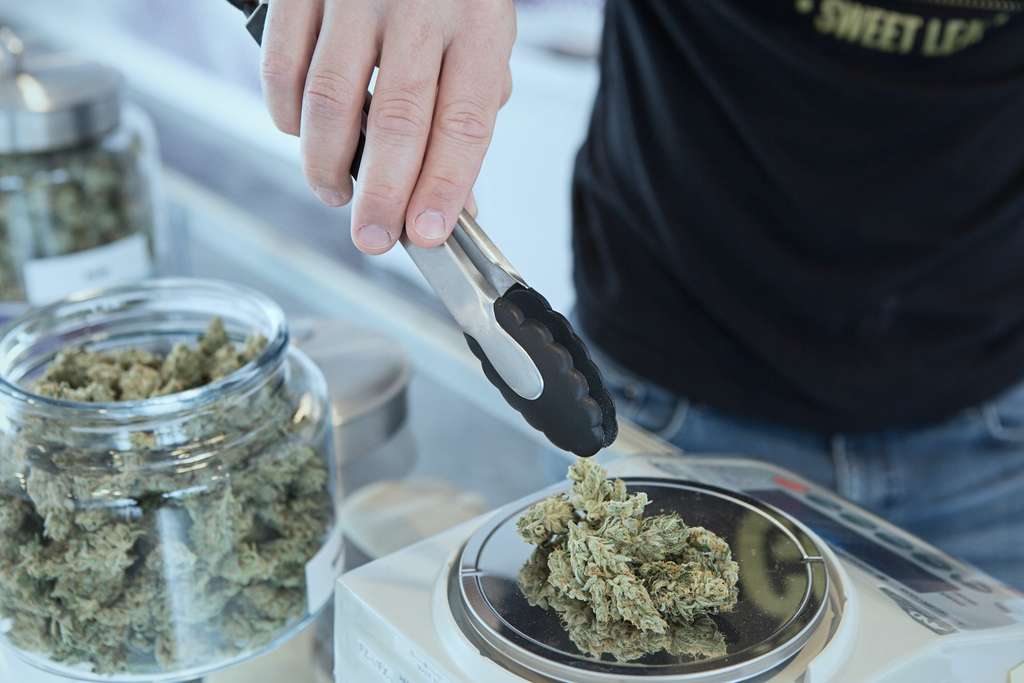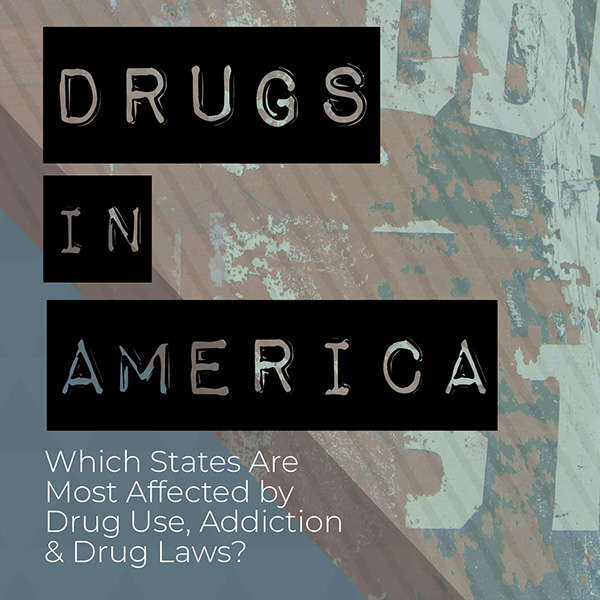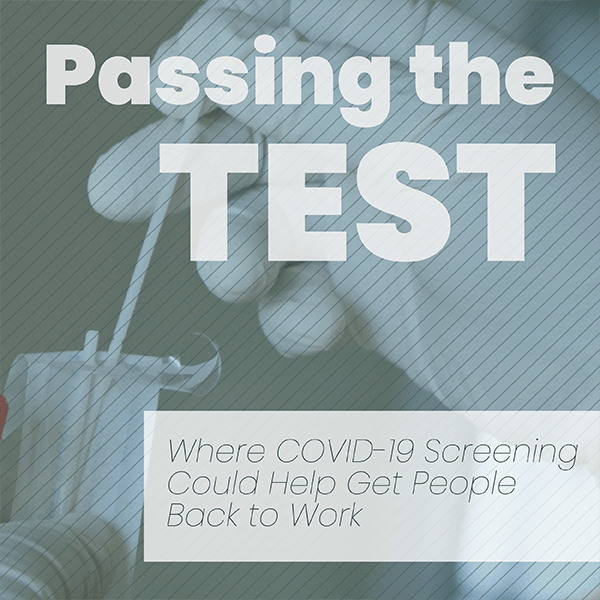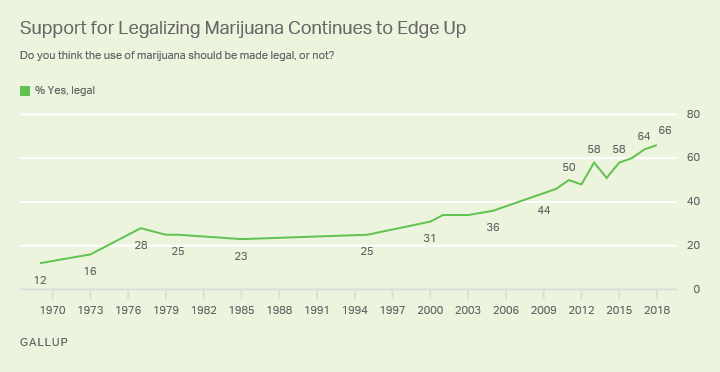US Drug Test Centers Blog
Medical Marijuana in the Workplace | US Drug Test Centers
The term "medical marijuana" is used to describe the use of derivatives from the cannabis sativa plant for treating specific health issues. It is also known as medical cannabis.
The cannabis sativa plant contains various active compounds, with the most recognized ones being cannabidiol (CBD) and delta-9 tetrahydrocannabinol (THC). THC is the primary component of marijuana that induces a "high" feeling. However, medical marijuana is believed to have a higher concentration of CBD compared to THC, which does not produce a psychoactive effect.
As the acceptance of medical marijuana as a treatment option for certain ailments grows, along with the changing laws regarding marijuana use by state, it's crucial for employers to keep up with these changes to ensure a safe workplace.
In this blog, let's dive into the usage of medicinal marijuana in the workplace.
Can Employees Use Marijuana at Work Medicinally?
The short, albeit oversimplified, answer is: yes, employees may be allowed to use medical marijuana at work.
There are certain laws in the United States that can potentially offer some degree of protection for employees who use marijuana medicinally:
- Americans with Disabilities Act (ADA) — This law, and state laws related to it, enforces that employers are required to discuss the needs of their workers with disabilities, and the reasonable accommodations that can be provided to them.
- Family and Medical Leave Act (FMLA) — This law, and state laws related to it, enables qualified employees with severe health conditions to take leaves for necessary medical-related treatments.
Note though that the use of medical marijuana is not explicitly covered under these laws. Furthermore, the usage of the cannabis sativa plant (which has relatively higher amounts of THC, the psychoactive compound in marijuana) and its derivatives for any purpose is still illegal in several states.
In contrast, the usage of CBD (a non-psychoactive and non-addictive compound that provides therapeutic benefits) is permitted under federal law.
The National Conference of State Legislatures (NCSL) has a tool that allows you to see which states…
- Do not have a public cannabis access program.
- Have a regulated program for adult and medical use only.
- Allow adult use, but do not have a medical regulated program.
- Have a comprehensive medical cannabis program.
- Have a CBD or low THC usage program.
How Does the Drug-Free Workplace Act Impact This?
As a requirement for accepting government contracts or grants, the Drug-Free Workplace Act of 1988 stipulates that federal contractors and grantees maintain drug-free workplaces. So how does the usage of medicinal marijuana fit into the picture?
While all marijuana use remains prohibited at the national level, companies and workers must adhere to evolving legislation in relevant states when conducting and undergoing drug tests and screenings. Whether you are an employee considering medicinal marijuana as a part of your treatment, or an employer updating your drug-free workplace policies, be sure to check your state's regulations.
State regulations differ in their stance on whether companies must allow the use of medical marijuana at work, if they can terminate workers for possessing a medical marijuana card, or if they can penalize employees for using marijuana outside of work.

Workplace Drug Testing and Medical Marijuana
The fact that marijuana may linger in an individual's system for weeks means that even if they are not high, they may still test positive for THC. As a result, many states now demand a second positive drug test before terminating an employee. They may also forbid employers from terminating an employee based only on a single positive drug test.
With that being said, state drug-testing laws do not offer similar exemptions to workers in "safety-sensitive" occupations — such as transportation workers and healthcare professionals — whose decisions and activities can directly impact the health and safety of others. Most states permit employers to perform routine drug testing and to sanction employees for a positive test in positions where safety is important.
Depending on the state's laws, using medical marijuana in the workplace may be allowed and appropriate in the following cases:
- Alzheimer's
- ALS
- HIV/AIDS
- Epilepsy and seizures
- Glaucoma
- Muscle spasms and multiple sclerosis
- Severe and chronic pain
- Extreme nausea and vomiting due to cancer treatment
- Crohn's disease
How Can Workplaces Remain Safe, Even with Medical Marijuana Usage?
One of the key things to keep in mind is that medical marijuana is not intended to make a person feel "high." It contains CBD (cannabidiol), which is a non-psychoactive and non-addictive compound that offers therapeutic and psychological benefits. This is not to be confused with THC (tetrahydrocannabinol), the psychoactive compound found in marijuana which gives it potentially dangerous side effects.
In places where medical marijuana users are protected by disability laws, employers must verify if positive drug tests are attributable to medicinal usage before making employment decisions. Employers may rely on standard HR procedures if an employee requests concessions for medical usage by ensuring that they have the necessary medical documentation, will not use it while they are on the clock, and do not pose a workplace hazard.

Create a Safe Work Environment with US Drug Test Centers
With evolving legislation and states holding different positions on the matter, it can be challenging to develop a comprehensive and up-to-date workplace policy.
US Drug Test Centers offers a range of employee testing and services, including:
Beyond drug testing, we're committed to keeping your workplace safe, up-to-date, protected, and productive. Locate a testing center near you, or contact Drug Test Centers for more information.
























